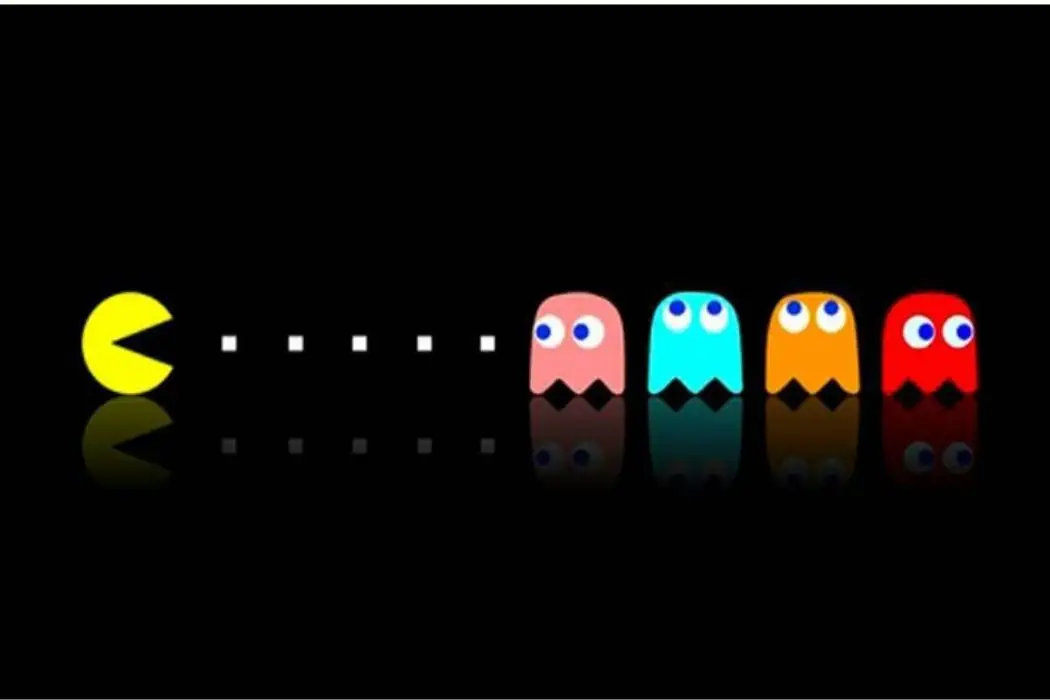Even “top” students are arriving at U.S. colleges unable to read entire books because they are unused to doing so. Middle- and high-school teachers have shifted from books to short informational passages, followed by questions about the author’s main idea, because that’s what works for standardized reading comprehension tests.
Kids bring that mindset to college. And they take it with them into the workplace, too. As this article argues, it’s both atrophy and apathy. It also creates a smaller and smaller slice of people entering the workforce able to wrestle with ideas they don’t easily understand.
It’s another example of why chasing artificially imposed numerical incentives leads to nasty consequences.
And if you write professionally, you have a choice. You can cynically give in to it. You can smugly state that “people don’t read.” It seems pragmatic. It makes you sound smart and edgy while defending uninsightful, poorly crafted output. In some senses, you just have to go with the times. It also puts you that much closer to what generative AI can already do.
Or, you resist. No one is forcing you to be complicit. You can seek out that smaller and smaller slice of people willing and able to engage with ideas—because they want to, or because the stakes are high enough that they can’t afford not to. If writing is your career, maybe the stakes are high enough for you, too. If not today, they will be. Soon.




